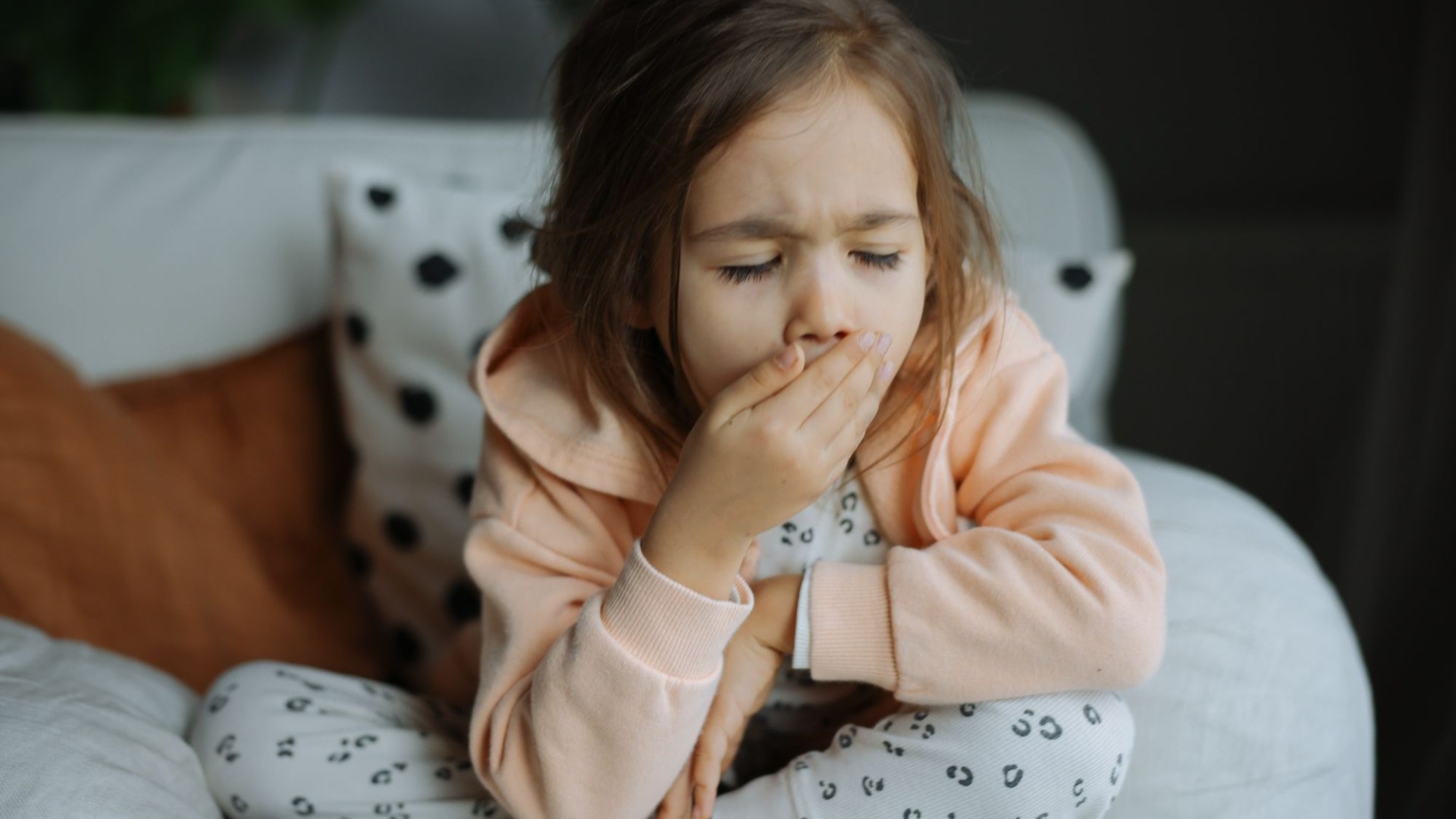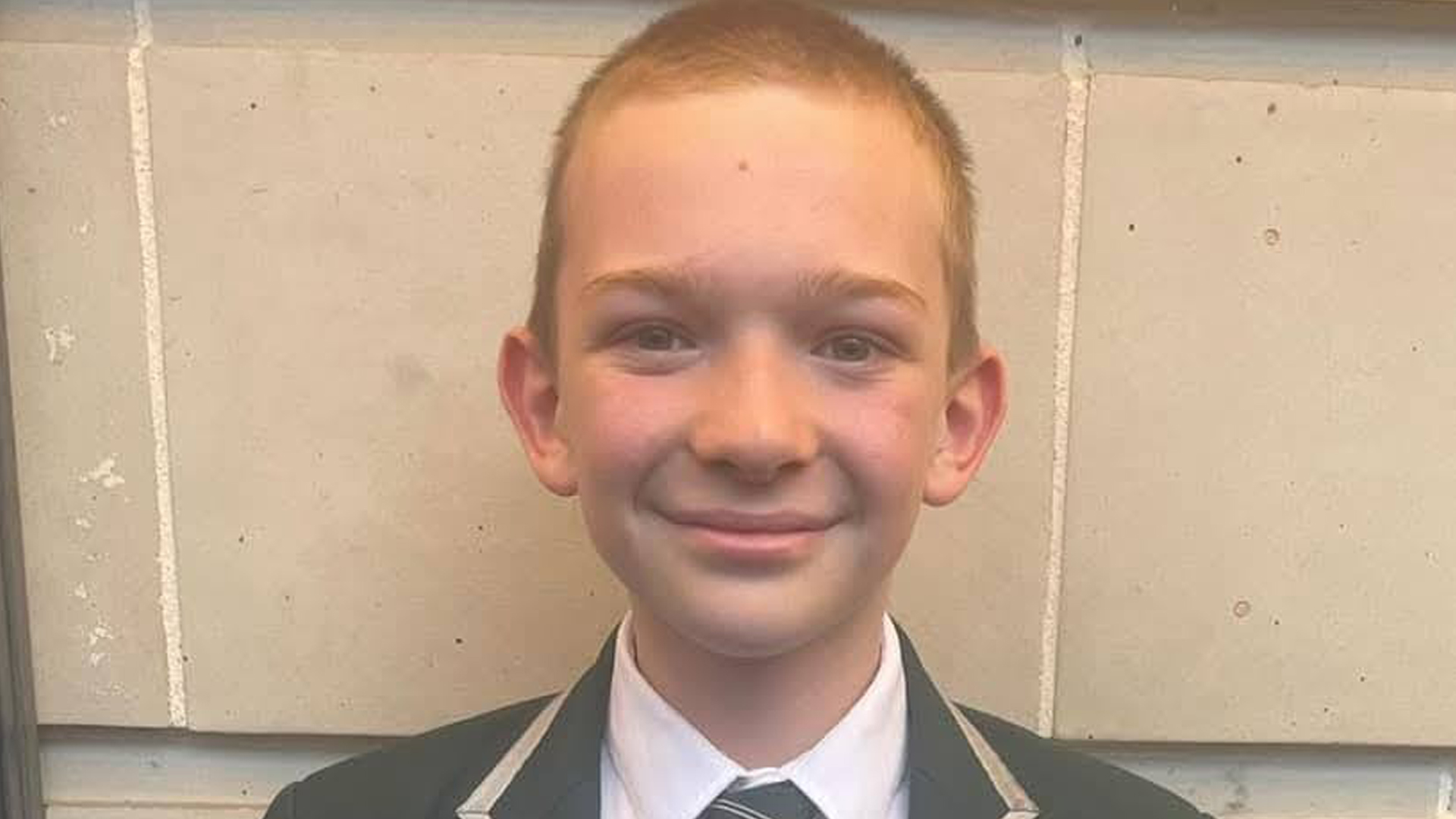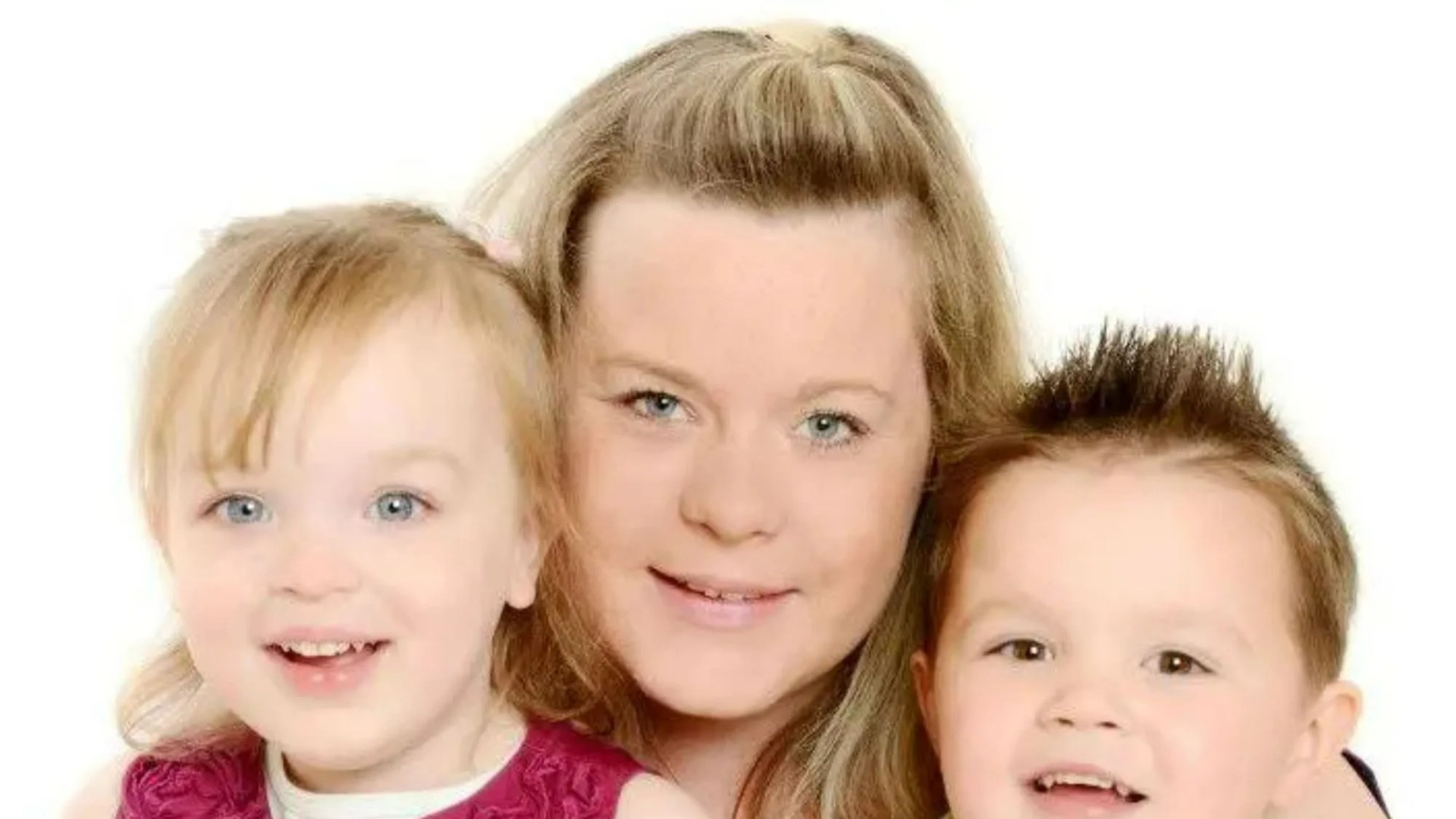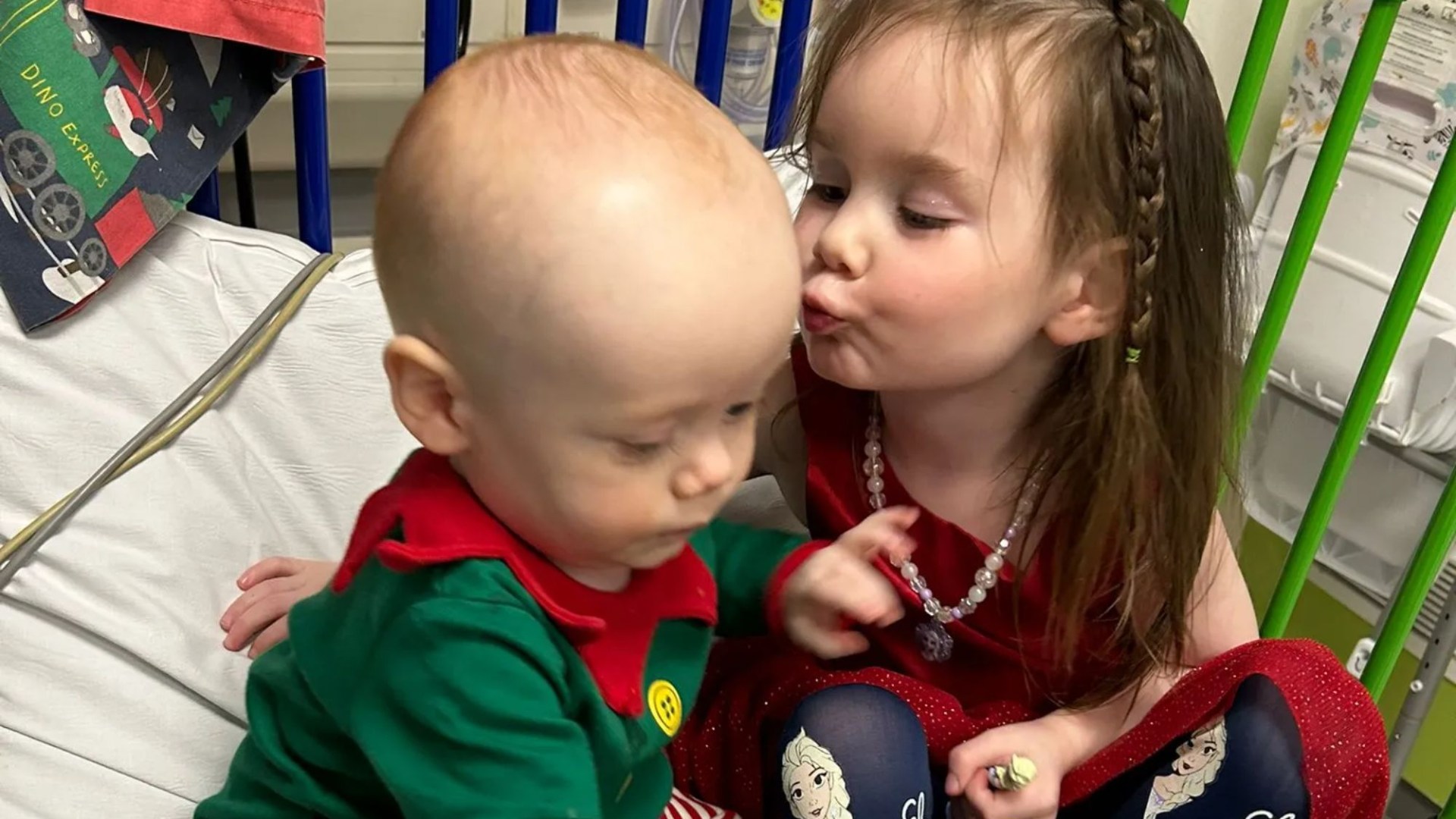AN URGENT ‘tripledemic’ health alert has been issued over three killer viruses.
Parents have been warned to protect their kids against surging cases of whooping cough and measles, as RSV also threatens little ones.
2

2
Whooping cough, also known as pertussis, has killed a reported ten infants since November last year.
It is a super-contagious infection of the lungs as breathing tubes that can linger for weeks or months and cause serious complications such as pneumonia.
As babies have an especially high risk of severe illness, the pertussis vaccine is offered to all pregnant women between 16 and 32 weeks along to protect their babies.
But most recent figures suggest uptake is around just 60 per cent.
The latest figures from the UK Health Security Agency show 12,200 confirmed cases between January and July 2024.
Health officials warned of a potential surge in infections once the school year got going.
Meanwhile, data also shows World Health Organisation targets of 95 per cent vaccination for under-fives are being missed in England.
This includes the six-in-one jab which protects against whooping cough, polio and tetanus, as well as the measles, mumps and rubella vaccine.
Since January, there have been 2,465 confirmed measles cases reported in England.
The virus is very contagious and can lead to severe complications, such as brain swelling, blindness, pneumonia, or death.
It emerged earlier this month that a child had died from the disease in the first quarter of the year, leading health chiefs to plead with parents to make sure their children are given the MMR jab.
The MMR jab protects against measles, mumps and rubella. It’s offered to children when they’re one and then against when they’re aged three years and four months.
The latest annual data on vaccinations published by NHS England shows that 16.1 per cent of children who turned five between April 2023 and March 2024 had not received both doses of the MMR vaccine.
This is the lowest level of uptake documented since 2010-11, although 91.9 per cent of five-year-olds had been given at least one dose.
The figures also show one in nine children (11.1 per cent) who had their second birthday in 2023-24 did not get the first dose of the MMR vaccine.
Meanwhile, one in 12 babies (8.8 per cent) had not received all three doses of the six-in-one vaccine.
Vaccine ‘umbrellas’
It comes shortly after Brits were urged to take up the new respiratory syncytial virus (RSV) vaccine if invited.
A rollout for the jab started early September, offering high protection against RSV – a common cause of coughs and colds that can lead to killer lung infections in the most vulnerable.
Babies, adults over 75, people with heart and lung disease or anyone with a weak immune system is at greater risk of severe RSV infection and may need admission to hospital, particularly in the winter months.
The NHS rolled out vaccines offering protection against the RSV for the first time in September.
The jab is available to adults aged 75 to 79, as pregnant women from 28 weeks, to protect their child from the virus.
Amid fears around rising cases of whooping cough, measles and RSV, experts launched a campaign to boost jab uptake in the UK.
Researchers at the Oxford Vaccine Group – part of the University of Oxford – have developed an animation high the “critical role” whooping cough jabs play in protecting against infection.
The campaign created by the Vaccine Knowledge Project team at the Oxford Vaccine Group aims to educate and inform the public about how vaccines protect entire communities – including vulnerable newborns and older adults – as well as individuals.
The Vaccine Knowledge Project was formed by leading paediatrician and vaccine scientist Professor Sir Andrew Pollard, also director of the Oxford Vaccine Group.
Sir Andrew said: “The recent outbreaks of measles and whooping cough all across the UK, which have arisen because of falling vaccination rates, threaten the lives of the vulnerable, especially young children.
“Vaccines are the umbrellas that keep the rain away from all those who shelter beneath them.
The life-saving vaccines you need at every age
EIGHT WEEKS
- 6-in-1 vaccine
- Rotavirus vaccine
- MenB vaccine
12 WEEKS
- 6-in-1 vaccine (2nd dose)
- Pneumococcal vaccine
- Rotavirus vaccine (2nd dose)
16 WEEKS
- 6-in-1 vaccine (3rd dose)
- MenB vaccine (2nd dose)
ONE YEAR
- Hib/MenC vaccine (1st dose)
- MMR vaccine (1st dose)
- Pneumococcal vaccine (2nd dose)
- MenB vaccine (3rd dose)
TWO TO 15 YEARS
- Children’s flu vaccine (every year until children finish Year 11 of secondary school)
THREE YEARS AND FOUR MONTHS
- MMR vaccine (2nd dose)
- 4-in-1 pre-school booster vaccine
12 TO 13 YEARS
14 YEARS
- 3-in-1 teenage booster vaccine
- MenACWY vaccine
65 YEARS
- Flu vaccine (given every year after turning 65)
- Pneumococcal vaccine
- Shingles vaccine (if you turned 65 on or after 1 September 2023)
70 to 79 YEARS
Source: The NHS
“If we are to stay dry, we must put the umbrellas back up.
“Make sure that every child is immunised today.”
The new resources showcased by the Vaccine Knowledge Project come in a short animation and a graphic booklet.
Charlie Firth, vaccine knowledge and public engagement manager at the Oxford Vaccine Group, said: “We have recently seen drops in vaccination levels for various diseases.
“Whether that be drops in whooping cough vaccines in pregnant people leading to deaths in babies or an increase in cases of measles.
“There has been a range of reasons for this drop in vaccination, ranging from vaccine hesitancy, inequities in access to services, and complacency.
“Many of the diseases we are trying to protect against have not been seen in a long time, and so the perception within the general public of the importance of vaccination seems to have dropped.”
He said as rates of certain diseases increase, the most vulnerable in society suffer, including babies who are too young to be vaccinated or people with certain health issues that mean they cannot be immunised.
Mr Firth said: “These are the people that rely on herd immunity.
“The people who cannot be vaccinated themselves are still afforded some protection.
“But when these levels of population vaccination drop, the community protection given to these vulnerable individuals disappears and they quickly face a higher risk of disease.
“By getting vaccinated, you are protecting yourself, but you are also protecting your friends, you are protecting your family, and you are protecting the most vulnerable in our community who cannot get vaccinated themselves.”
Meanwhile, bookings for flu and Covid vaccines for eligible Brits also opened this week – with the jabs set to be administered from October 3.
Expert answers MMR questions
TO help deal with parental concerns, Professor Helen Bedford, a specialist in child public health at University College London, tells you all you need to know about the MMR vaccine.
When is the vaccine given?
The MMR vaccine is part of the NHS Routine Childhood Immunisation Programme.
It’s typically given via a single shot into the muscle of the thigh or the upper arm.
The first dose is offered to children at the age of one (babies younger than this may have some protection from antibodies passed on from their mother, which start to wear off at about 12 months.)
The second dose is then offered to children aged three years and four months before they start school.
To check to see if you or your child have had the recommended two doses of MMR, you can look at their/your Personal Child Health Record, also known as the red book.
If you can’t find the red book, call your GP and ask them for your vaccine records.
You are never too old to catch up with your MMR vaccine.
If you see from your vaccination records that you did not receive two doses as a child, you can book a vaccination appointment.
Is the vaccine safe?
The MMR vaccine is safe and effective at preventing measles, mumps and rubella.
In the UK, we started using the jab in 1988, so we have decades of experience using it.
The jab is made from much-weakened live versions of the three viruses.
This triggers the immune system to produce antibodies that are protective in the face of future exposure.
It takes up to three weeks after having the vaccine to be fully protected.
Like any vaccine, the MMR jab can cause side-effects, which are usually mild and go away very quickly.
This includes rash, high temperature, loss of appetite and a general feeling of being unwell for about two or three days.
There is also a very small chance children can have a severe allergic reaction.
But compared to the complications of measles, there is no contest that vaccination is by far the safest and most effective route to take.
Why was it linked with autism?
In 1998, Andrew Wakefield and his colleagues published a now-discredited paper in medical journal The Lancet.
The paper suggested that the MMR vaccine might be associated with autism and a form of bowel disease.
It led to a sharp decline in vaccination rates.
Even at the time, the research was considered poor.
The Lancet retracted the story in 2010 after Wakefield’s article was found “dishonest” by the General Medical Council.
He was later struck off and subsequently, in 2011, the British Medical Journal declared the story fraudulent.
Does it contain ingredients from pigs?
There are two types of MMR jabs: One with gelatin (animal/pig collagen), and one without it.
For some religious groups, the inclusion of pig products is not acceptable.
Those people should ask for the vaccine without gelatin.




